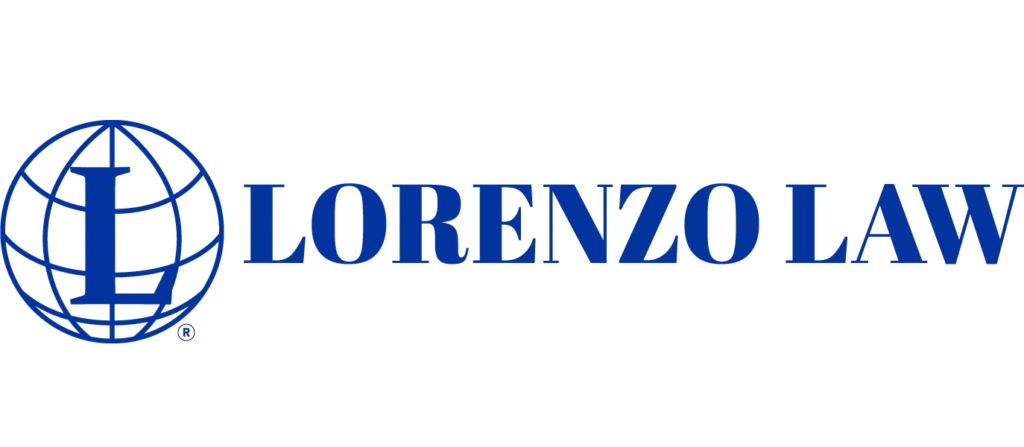In a significant win for businesses and a pivotal moment for administrative law, the U.S. Court of Appeals for the Eleventh Circuit struck down the Federal Communications Commission’s (FCC) newly imposed “one-to-one” consent rule under the Telephone Consumer Protection Act (TCPA). The case, Insurance Marketing Coalition Ltd. v. FCC, No. 24-10277, decided on January 24, 2025, clarifies that the FCC exceeded its authority in expanding the definition of “prior express consent.”
The FCC’s 2023 rule sought to require that consent to receive marketing calls or texts be given to each individual seller (one-to-one consent), and that such consent must be logically and topically related to the context in which it was obtained. The rule aimed to close what the FCC described as a “lead generator loophole,” where consumers unknowingly agreed to contact from dozens of affiliated marketers through a single online checkbox.
The Court’s approach is indicative of the implications for privacy law. The Court stressed statutory text to have import. The court held that the FCC’s rule added impermissible conditions to the TCPA’s requirement of “prior express consent.” Because the statute does not define the term, the Eleventh Circuit relied on its common-law meaning, which requires only that consent be “clear and unmistakable.” “The TCPA requires only ‘prior express consent’—not ‘prior express consent plus,’” the court stated.
The Court emphasized that the FCC’s concession undermined its rule. The Court pointed to a key admission by the FCC: that nothing in the statute prohibits a consumer from giving consent to multiple sellers at once. This undermined the core rationale for the rule, which the Court said, “hinges not on statutory command but policy preference.”
The Court addressed a warning to administrative agencies with the implications of post-Loper judicial scrutiny. The ruling reflects the broader judicial shift following the Supreme Court’s decision in Loper Bright Enterprises v. Raimondo, 600 U.S. ___ (2024), which limited judicial deference to agency interpretations. The Eleventh Circuit emphasized that courts must independently interpret statutory terms and not automatically defer to agency rulemaking, even in technical areas.
Going forward, what does all this mean for agencies, businesses, and courts? For regulatory agencies, the – The decision serves as a warning to administrative agencies: rules that depart from the statutory text may not survive judicial review. The FCC will need to reconsider how it approaches TCPA enforcement and revise the rule or appeal the decision to the Supreme Court.
For businesses and lead generators, the decision means that they can continue using bundled consent language across affiliated entities without violating the TCPA. Lead generation platforms are no longer required to obtain individualized consent for each seller or ensure “topical alignment” of outreach. Forms revised in anticipation of the now-invalid rule may still be kept for clarity but are not required.
The precedential import involves the decision limiting other FCC rules under the TCPA that rely on expansive statutory text interpretations. It adds momentum to a textualist trend where courts require clear statutory authority for agency regulations that impose substantive obligations on private actors.
Overall, the Eleventh Circuit’s opinion in Insurance Marketing Coalition Ltd. v. FCC is a landmark ruling with sweeping implications for privacy law, administrative agency authority, and the future of the TCPA. It makes clear that “prior express consent” means what it says—and no more.
Citations
- Insurance Marketing Coalition Ltd. v. FCC, No. 24-10277 (11th Cir. Jan. 24, 2025). https://law.justia.com/cases/federal/appellate-courts/ca11/24-10277/24-10277-2025-01-24.html
- Troutman Pepper. (2025). https://www.troutman.com/insights/eleventh-circuit-re-opens-tcpa-lead-generator-loophole-and-signals-further-erosion-of-judicial-deference-to-administrative-rules.html
- K&L Gates. (2025). https://www.klgates.com/Loper-Bright-Strikes-Again-Eleventh-Circuit-Hangs-Up-on-FCCs-One-to-One-Consent-Rule-Calling-the-Validity-of-Other-TCPA-Rules-Into-Question-2-3-2025
- Inside Privacy. (2025). https://www.insideprivacy.com/united-states/federal-trade-commission/eleventh-circuit-labmd-decision-potentially-limits-ftcs-remedial-powers/
- Wiley Law. (2025). https://www.wiley.law/alert-UPDATE-11th-Circuit-Vacates-FCCs-One-to-One-TCPA-Consent-Rule
© 2025, All Rights Reserved, Lorenzo Law, LLC.
